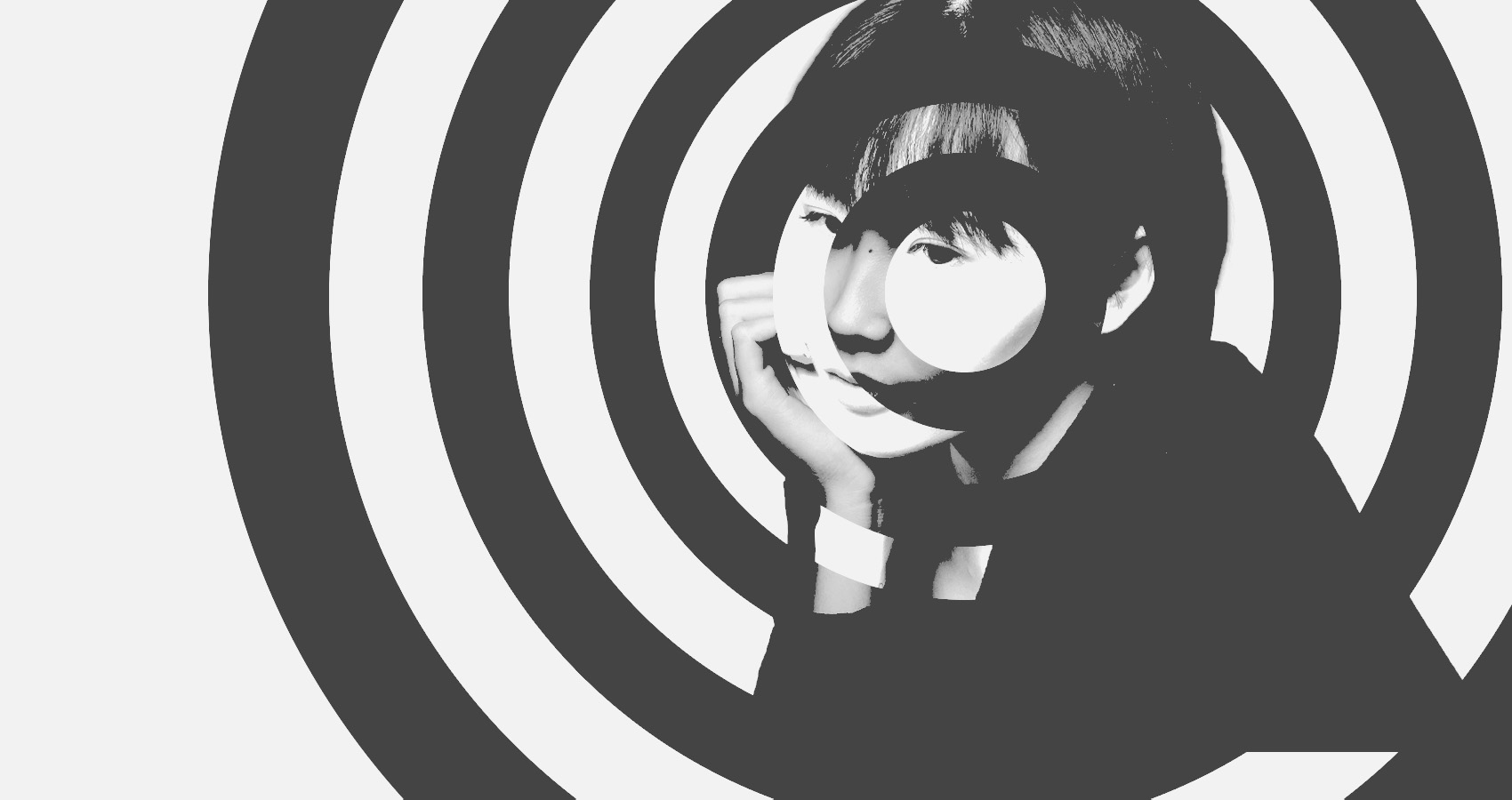
11 Strategies For Managing Anxiety In Everyday Life
Practical tips to manage anxiety and improve mental well-being.
Anxiety, a common human experience, can significantly impact one's daily life. Whether it's a fleeting worry or a persistent fear, anxiety management is crucial for overall well-being. This guide presents effective strategies to help you navigate anxiety and cultivate a more peaceful existence.
Throughout the following sections, you will explore a variety of techniques designed to equip you with the tools to cope with anxiety disorders and enhance your quality of life. From mindfulness practices to healthy lifestyle choices, these strategies offer practical solutions to help you manage common anxiety symptoms and live a more fulfilling life.
1. Seek Professional Treatment

If you experience symptoms of obsessive-compulsive disorder (OCD) or other forms of complex anxiety, OCD & complex anxiety treatment is essential. Professional interventions like Cognitive Behavioral Therapy (CBT), Exposure and Response Prevention (ERP), and medications have proven effective in managing these conditions. A tailored treatment plan, developed in collaboration with an anxiety counselor, can address your specific needs and provide you with the tools to manage your anxiety disorder more effectively. For those seeking alternative approaches, exploring hypnotherapy London may offer additional support in your recovery journey.
2. Mindfulness Meditation

Practicing mindfulness meditation can help you stay grounded in the present moment, which is essential for reducing anxiety that often stems from overthinking the past or worrying about the future. By dedicating just a few minutes each day to focus on your breath or a simple mantra, you can cultivate a sense of calm and clarity. This practice encourages you to observe your thoughts without judgment, allowing you to manage anxious thoughts more effectively.
3. Regular Exercise

Engaging in regular physical exercise is a powerful way to combat anxiety. Exercise releases endorphins, the body’s natural stress relievers, which can help boost your mood and reduce feelings of anxiety. Whether it’s a brisk walk, a yoga session, or a more intense workout, incorporating physical activity into your daily routine can have a significant impact on your mental well-being.
4. Deep Breathing Exercises
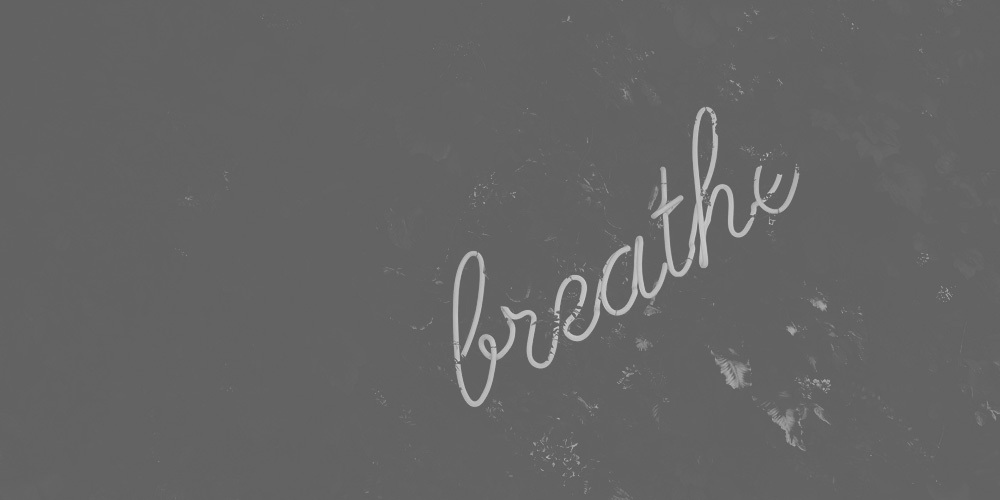
Deep breathing exercises are a simple yet effective way to calm your nervous system and reduce anxiety. By focusing on your breath and practicing techniques like inhaling deeply for four seconds, holding for four, and exhaling for four, you can activate your body’s relaxation response. These exercises can be done anywhere and are a quick way to regain control when anxiety strikes.
5. Establish a Routine
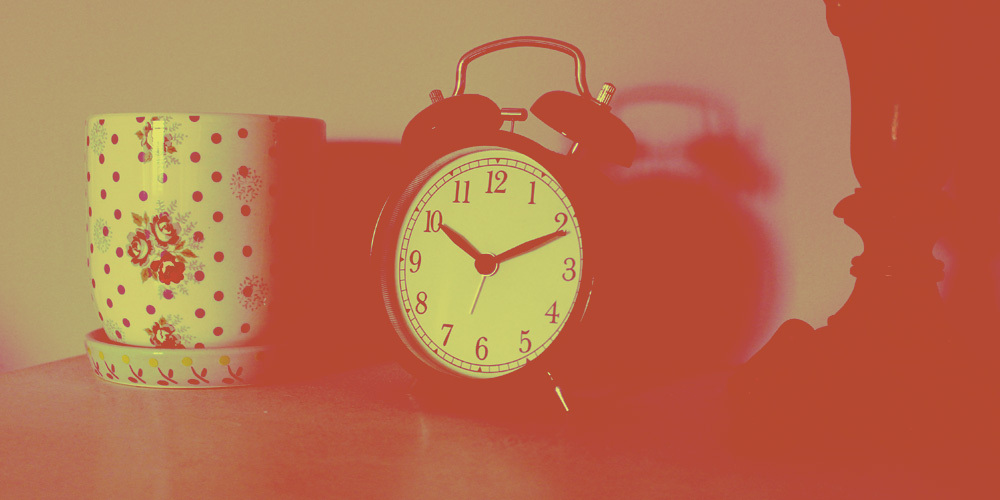
Creating and maintaining a routine can provide a sense of stability and control, which is especially helpful in managing anxiety. By keeping regular sleep, meals, and exercise times, you establish a predictable structure that can reduce feelings of uncertainty. A consistent routine can also help you prioritize self-care and ensure that you’re meeting your basic needs, which are crucial for mental health.
6. Limit Caffeine and Sugar Intake

Caffeine and sugar can contribute to anxiety by increasing feelings of jitteriness and unease. Limiting your intake of these substances can help you maintain a more balanced mood and energy level. Opting for herbal teas or water instead of coffee or sugary drinks can make a noticeable difference in how you feel throughout the day.
7. Stay Connected with Supportive People

Maintaining connections with supportive people, such as friends, family, or a therapist, is vital for managing anxiety. Talking about your feelings with someone you trust can provide comfort, perspective, and reassurance. A support network can buffer the effects of stress and reduce feelings of isolation, which often exacerbate anxiety. Building and nurturing these relationships can be a key part of your anxiety management plan.
8. Journaling
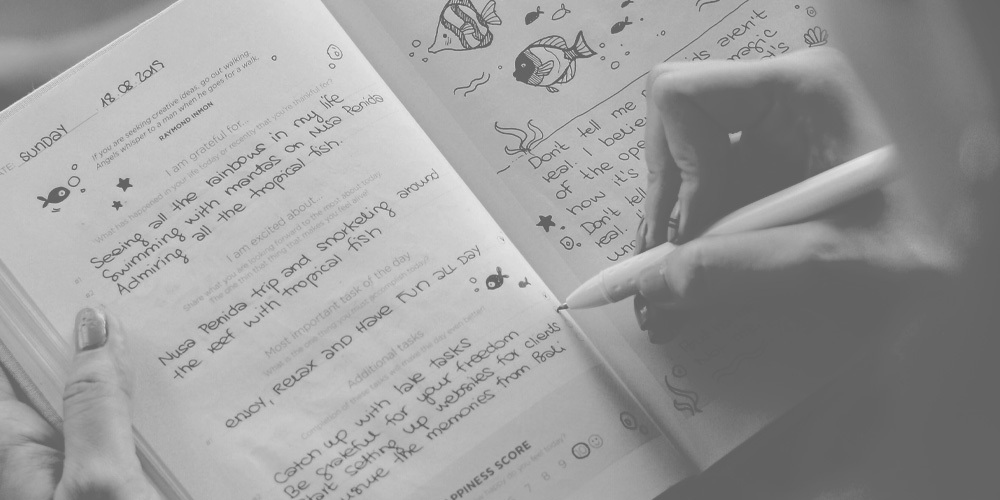
Journaling is a valuable tool for processing emotions and identifying anxiety triggers. By writing down your thoughts and feelings, you can gain insight into what’s causing your anxiety and develop strategies to address it. Journaling allows you to release pent-up worries and clear your mind, making it easier to manage your emotions and reduce anxiety.
9. Practice Gratitude
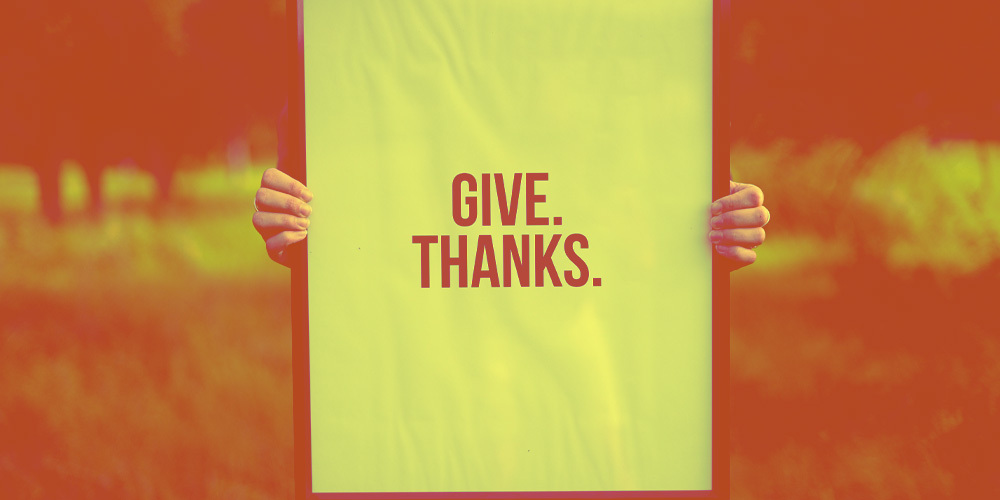
Practicing gratitude can shift your focus from anxiety to positivity by encouraging you to recognize and appreciate the good things in your life. Making it a habit to list a few things you’re grateful for each day can improve your outlook and reduce anxiety. This simple practice can help you reframe your negative thoughts and cultivate a more positive mindset.
10. Progressive Muscle Relaxation

Progressive muscle relaxation is a technique that involves tensing and then slowly relaxing different muscle groups in your body. This practice can help reduce the physical tension that often accompanies anxiety. By systematically working through each muscle group, you can achieve a deep sense of relaxation, which can alleviate both the physical and emotional symptoms of anxiety.
11. Set Realistic Goals
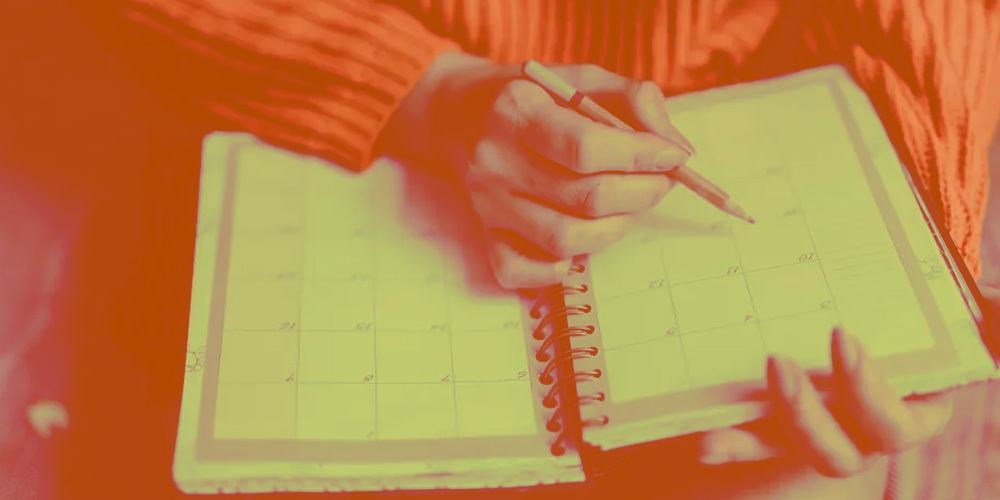
Setting realistic goals and breaking large tasks into smaller, manageable steps can help you avoid feeling overwhelmed, which is a common trigger for anxiety. By focusing on one step at a time, you can make progress without feeling pressured. Achieving these smaller goals provides a sense of accomplishment and can motivate you to continue moving forward, reducing anxiety along the way.
Conclusion
Anxiety is a complex emotion that can significantly impact our lives. By incorporating the strategies outlined in this guide, you can develop effective tools to manage anxiety and cultivate a more peaceful and fulfilling existence. Remember, managing anxiety is a journey, and there may be setbacks along the way. Be patient with yourself, celebrate your progress, and seek support from friends, family, or mental health professionals when needed.











